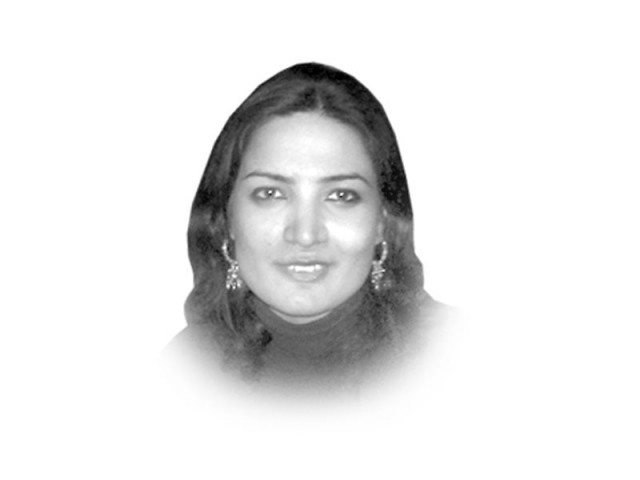An unrealistic code for elections
Limiting election expenses is a very commendable step by the ECP, it must also come up with ways to implement it.

Given the state of inflation and the size of constituencies — particularly, for the National Assembly — the amount of Rs1.5 million is unrealistic. Well-heeled Pakistanis spend more on a valima; expecting candidates to woo around a hundred thousand voters per constituency on that budget would be a tad unreal. In addition, a lot of services during campaigns are provided without any monetary transaction. One supporter gets the banners printed while another provides tents for the jalsa and a third supporter does the catering for the aforementioned jalsa, free of cost. This makes the process of keeping the tabs very difficult.
The ECP also prohibits the political parties from hoisting party flags on public property or at any public place unless granted permission by the local government for a certain fee. Every city is already flooded with political flags of all colours and hues. The residents of Karachi will vouch that they have seen the political flags of all parties inundating their streets, making the street look like it is in a perpetual state of a campaign of some kind or other. The code of conduct is silent on how the ECP will get rid of the flags and whether is has the authority to order local governments to do so. Further, the removal of party flags is contingent upon local governments having the resources to remove them.
Wall chalking as part of an election campaign is also prohibited by the ECP along with the use of loudspeakers, barring election meetings. Again, controlling wall chalking would be a momentous task and the candidates can always say that their supporters and not their campaign teams are behind it.
Further, the ECP also forbids candidates to affix posters, hoardings or banners larger than the prescribed sizes for the campaign. Most urban centres and highways already sport larger than life hoardings of political leaders; the Sharif brothers in Rawalpindi, Lahore and Gujranwala, Asfandyar Wali in Charsadda and Peshawar, Altaf Hussain in Karachi and Hyderabad, Imran Khan in Lahore and Peshawar and the whole Bhutto clan almost everywhere in Pakistan. These hoardings do not ask voters to vote for any particular candidate during the election period. Hence, they are not related to any election campaign. Yet, they propagate the messages of various political parties and can affect the election process. The ECP’s code of conduct does not say anything about these advertisements.
The ECP also banned candidates from providing transport facilities to voters on election day, which, again, is essential for maintaining neutrality. However, it can adversely impact the percentage of voters, who will actually go out and vote. While limiting election expenses is a very commendable step for which ECP should be congratulated, it needs to make the code of conduct more realistic and must also come up with ways to implement it.
Published in The Express Tribune, July 2nd, 2012.













COMMENTS
Comments are moderated and generally will be posted if they are on-topic and not abusive.
For more information, please see our Comments FAQ